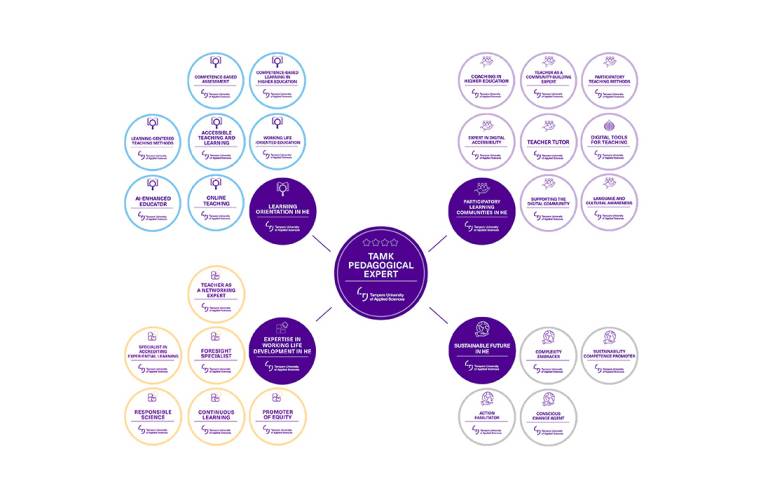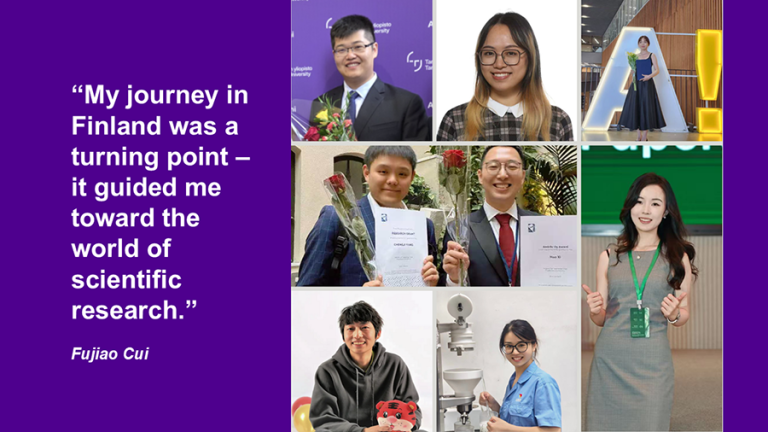The project team in TAMK comes from TAMK Professional Teacher Education (TAOK). The project aims to improve job prospects and vocational training for young Kenyans. TAMK provides training and knowledge in modern teaching technologies, individualized learning and competency-based education, while FCA offers experience working in the field of Kenyan educational sector. The initiative is supporting TVET training in five institutions in the Mount Kenya region. Also, TAMK did some initial comparative research about the VET systems in Kenya and Finland (including legislation, national degree programs and other formal documents).
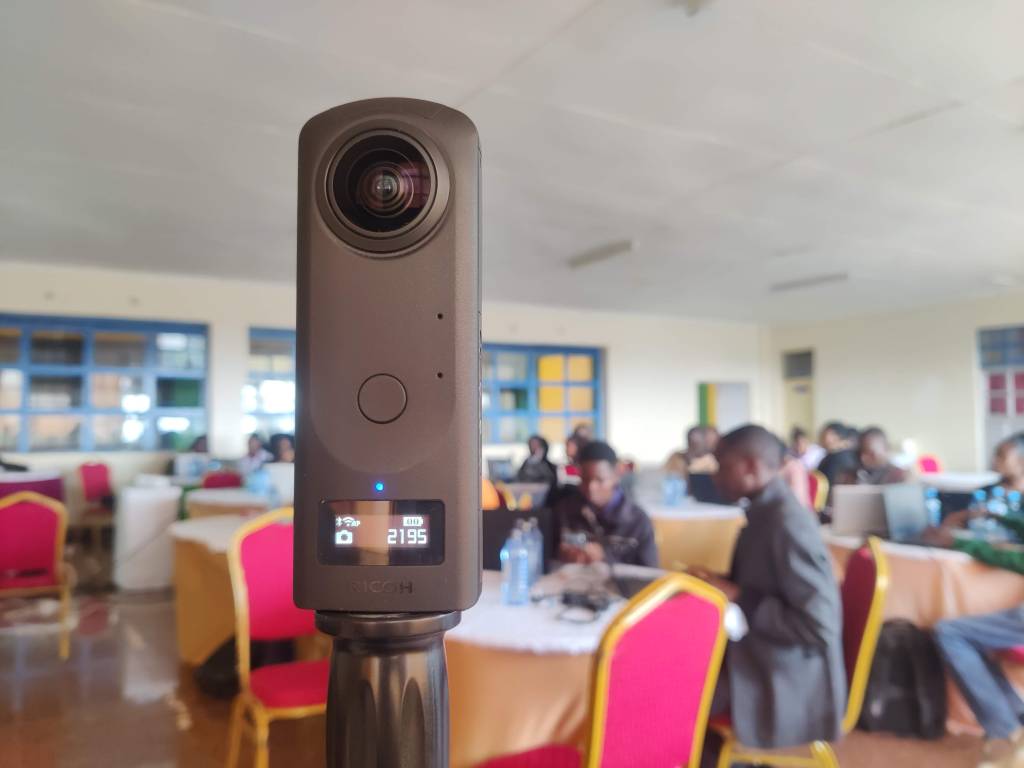
“Collaboration with the Kenyan FCA team has proven to be vital. They possess knowledge of the local community and culture, as well as far better opportunities to support teachers and organizations even when the whole project team is not in the country,” project manager Ville Palkinen describes.
In June 2024, the TAMK team visited Kenya to understand local working environment and its possible challenges. The visits to the five partner institutions included interviews with trainees, trainers, and the management. For the interviews the project group divided itself into three pairs: Katariina Hakala and Purity Malel discussed with trainees, Leena Katto and Gerald Abele with trainers, and Ville Palkinen and Alexon Mwasi met the management.
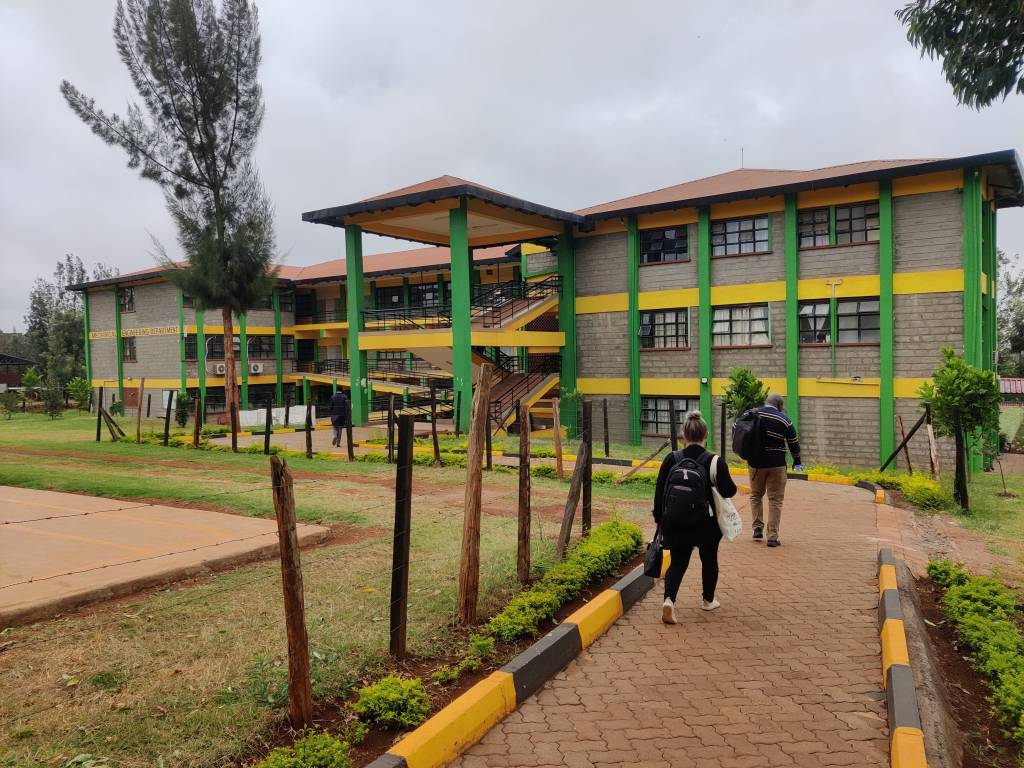
“Some trainees come from very distant regions, and the linguistic and cultural differences across Kenya’s regions, villages, and cities are significant. However, they reassured us that everyone is included at the institution, and they look out for each other to ensure that no one is bullied or left out. We encountered cheerful, enthusiastic, and curious young people with open futures ahead,” Hakala summarizes.
Based on the interviews, a year-long training program was developed, offering the opportunity to enhance skills in the main focus areas of the project: modern teaching technologies, individualized learning and competency-based education and training (CBET).
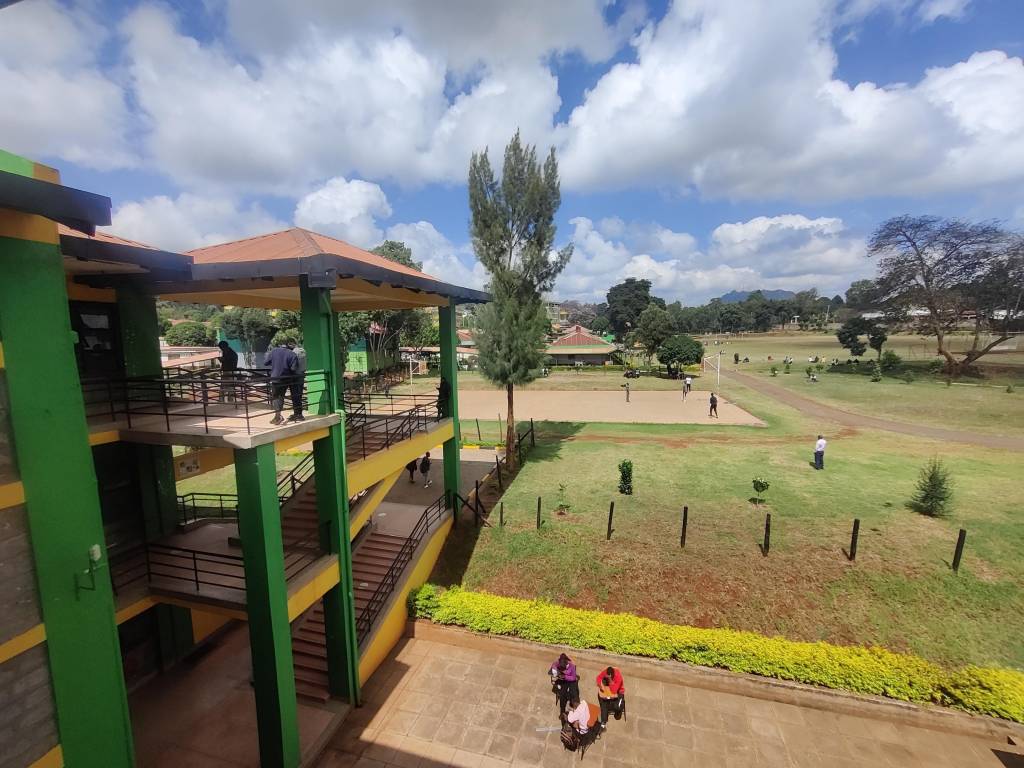
In October 2024, a second visit offered hands-on training for over 60 educators, focusing on digital tools like Moodle, AI-powered learning, and content creation. Experts from Finland shared how these tools are used in their context. Katariina Hakala and Jiri Vilppola held a remote lecture from Finland, during which they addressed two themes.
Vilppola highligted the competency-based Finnish vocational education by sharing practical examples about personalisation of studies and competence demonstrations in the context of Finnish VET. Also, brainstorming ideas of implementing similar ideas in Kenyan context took place. Hakala continued with introducing the IPS-model (Individual placement and support) developed in supported employment process and suggesting that this could be applied in the process of compentency based individulaized learning explicating the employment as the final goal for the student from the very beginning of his/her studies. Vilppola and Hakala invited Kenyan partners to co-developing process for improving TVET in both countries.
Next Steps and Long-Term Impact
Monthly online lectures and assignments on Moodle will continue to build participants’ digital skills. Group development projects and a final seminar are planned, along with a visit to Finland for Kenyan educators to learn about Finnish vocational education firsthand. A research paper will share project results with a wider audience.
“We received a lot of positive feedback from the training days, and the participants expressed that they are excited and motivated to try out in practice what they have learned,” Katto says happily.
During the next year, participants will be developing their own work and working environments in small groups with their colleagues. At the end of the project, we will have a closing seminar together where the development works are to be presented and discussed upon what we want to raise up as final outcomes of the project, and how to proceed with further development plans.
The project aims to create lasting changes by building strong relationships between Finnish and Kenyan educators. By promoting modern teaching technologies and individualized competency-based education, it seeks to better prepare Kenyan students for future job markets, showing how international collaboration can enhance education and employment opportunities.
Text:
Leena Katto, Senior Specialist, TAMK Professional Teacher Education
Ville Palkinen, Senior Lecturer, TAMK Professional Teacher Education
Katariina Hakala, Senior Lecturer, TAMK Professional Teacher Education
Jiri Vilppola, Senior Lecturer, TAMK Professional Teacher Education
Pictures: Ville Palkinen, Senior Lecturer, TAMK Professional Teacher Education




